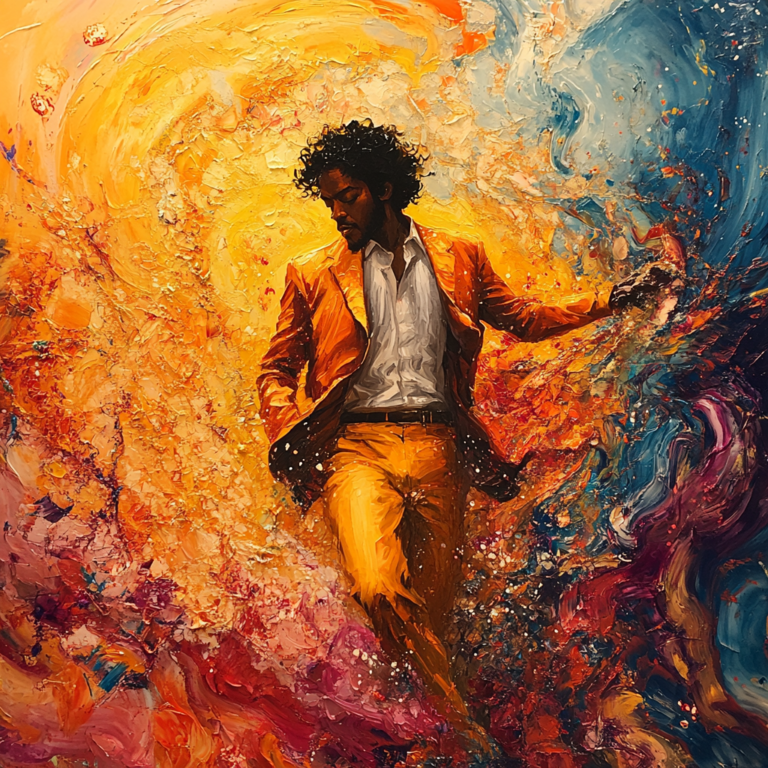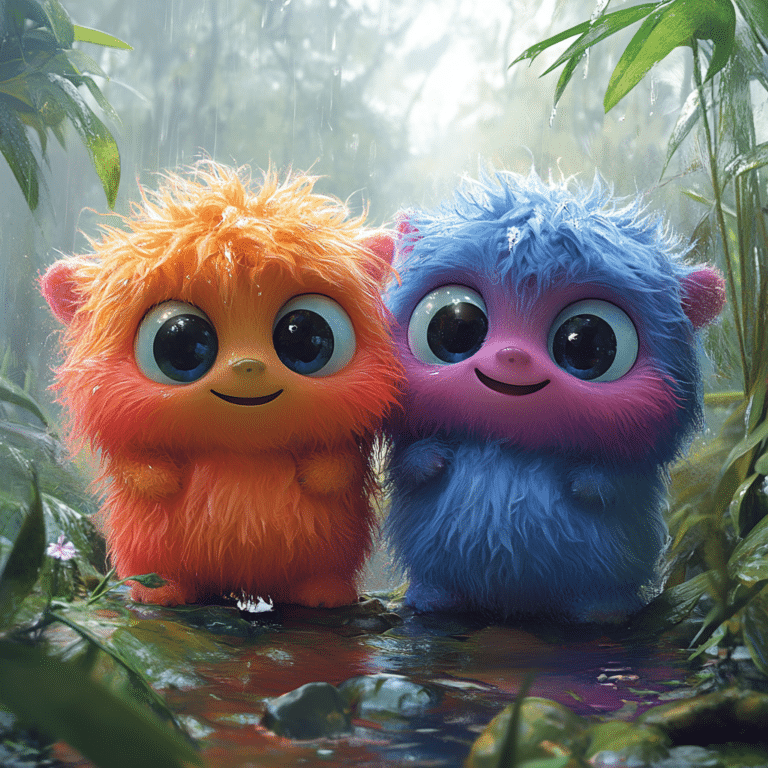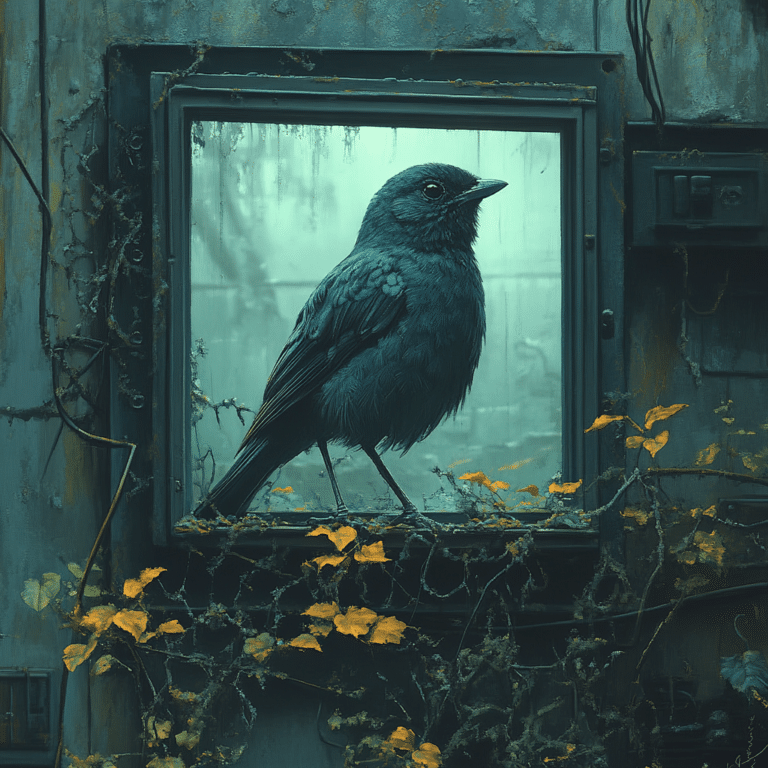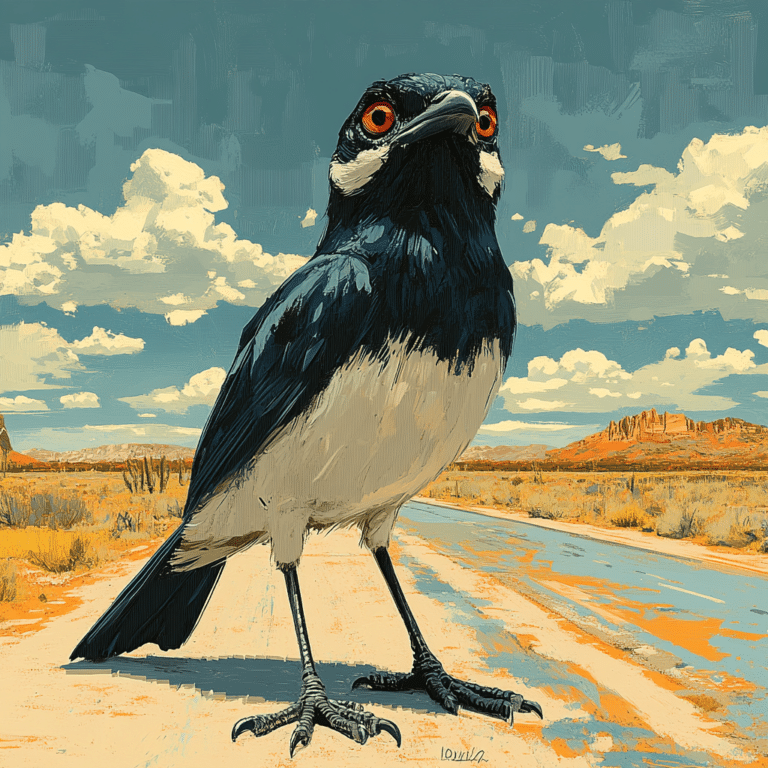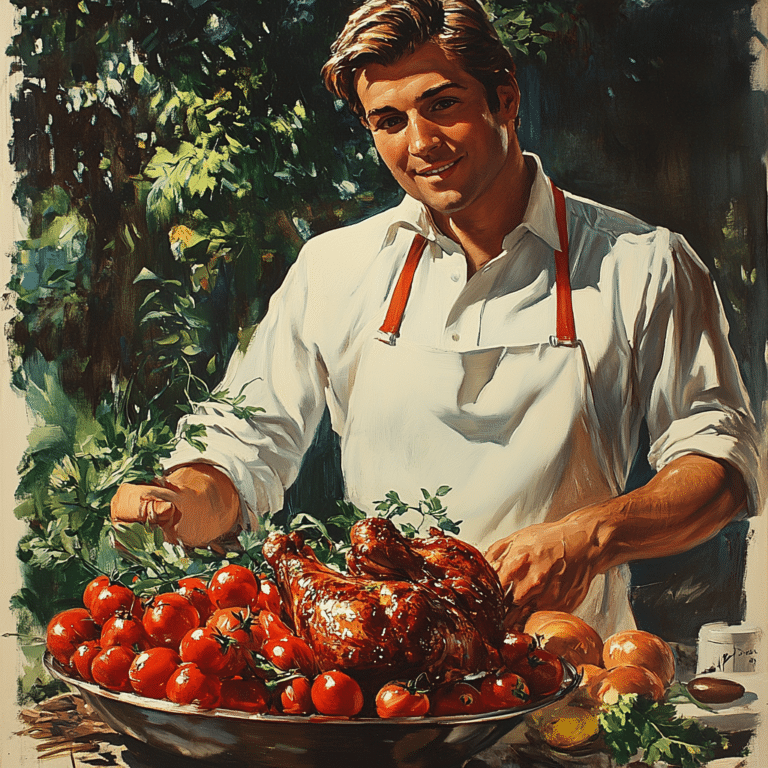Fiction and Non Fiction Books Meaning Explained
In today’s literary world, the line between fiction and non-fiction books meaning can often define what we choose to read. Fiction, steeped in imagination, offers an escape, while non-fiction, rooted in fact, provides education and clarity. As 2024 rolls on, with digital platforms expanding our reading options, understanding the meaning of fiction and non-fiction books becomes ever more significant.
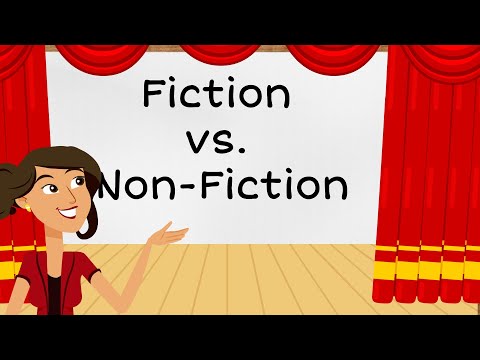
Fiction Books: Imagination Unbound
The Art of Storytelling
Fiction whisks us away into worlds conjured by a writer’s imagination. From the whimsical realms of J.K. Rowling’s “Harry Potter” series to the authoritarian shadows in George Orwell’s “1984,” fiction captivates with its narrative allure. These crafted tales aren’t just stories—they’re an open invitation to explore characters and settings beyond our reality, often leaving a significant imprint on the reader’s psyche.
Emotional Resonance and Impact
A compelling work of fiction resonates deeply, igniting emotions that echo personal experiences. John Steinbeck’s “The Grapes of Wrath” and Toni Morrison’s “Beloved” delve into the essence of human struggle and triumph, challenging societal norms. These stories urge readers to reflect on empathetic understanding, confronting complex moral questions and the emotional gravity of human existence.
Fiction’s Role in Cultural Commentary
Through fiction, authors like Margaret Atwood address critical societal issues. In “The Handmaid’s Tale,” Atwood paints a picture that prompts conversations about power and autonomy. Fiction serves as both a mirror and a crystal ball, reflecting current societal norms and speculating on ominous futures, offering us a chance to discuss and dissect our own worldviews.

Non-Fiction Books: Anchoring in Reality
Factual Documentation and Learning
On the flip side, non-fiction anchors itself in the real world. Books such as Michelle Obama’s “Becoming” and Yuval Noah Harari’s “Sapiens” ground readers in personal and historical truths. Non-fiction sheds light on what is, was, and could be, offering factual narratives that broaden understanding and inspire discovery.
Inspirational and Motivational Narratives
Many turn to non-fiction for motivation. Works like “Atomic Habits” by James Clear inspire change with clear, actionable strategies. These books aren’t just guides—they’re blueprints for personal evolution, channeled through informative and accessible storytelling.
Investigative Journalism and Exposé
Non-fiction holds a vital role in journalism, shedding light on hidden truths. Ronan Farrow’s “Catch and Kill” stands as a testament to the strength of investigative reporting. As reporters delve into untold stories, non-fiction continues to fight for transparency and truthfulness in a sometimes hazy reality.
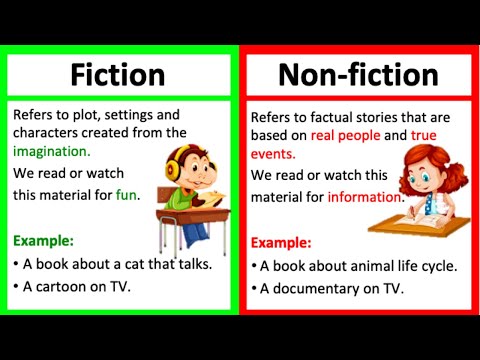
| Aspect | Fiction | Non-Fiction |
| Definition | Literature created from imagination, not based on real-life events. | Literature based on factual stories, real people, events, or information. |
| Purpose | To entertain, speculate, or explore themes and ideas freely. | To inform, educate, and present factual and accurate representation of reality. |
| Content Type | Made-up stories, imaginary characters, and settings. | Real stories, factual content, actual events, and real people. |
| Common Forms | Novels, short stories, plays, poems. | Biographies, memoirs, essays, documentaries, reference books. |
| Narrative Technique | Can include various narrative styles such as first-person, third-person. | Often includes expository writing, descriptive analysis, and factual recount. |
| Creativity Aspect | High degree of creativity, imagination, and invention. | Relies on research, authenticity, and truthfulness. |
| Examples | “Harry Potter” series by J.K. Rowling, “The Great Gatsby” by F. Scott Fitzgerald. | “The Diary of a Young Girl” by Anne Frank, “Sapiens” by Yuval Noah Harari. |
| Accuracy | Not bound to real-world accuracy – factual discrepancies are acceptable. | Strives for accuracy and reliability, often verified through research. |
| Reader’s Expectation | To be captivated, entertained, and possibly inspired by imaginative stories. | To gain knowledge, understand real-world issues, or get factual content. |
Fiction vs. Non-Fiction: The Interplay of Imagination and Reality
Crossing Boundaries: Hybrid Narratives
As literature evolves, the boundaries between fiction and non-fiction are shifting. Books like Truman Capote’s “In Cold Blood” blur these lines, combining imaginative prose with factual reporting. This fusion offers a more rounded perspective, merging the creativity of fiction with the veracity of non-fiction. The hybrid genre challenges traditional classifications, enriching our collective literary experience.
Audience Engagement and Preferences
Readers today are ever more demanding, seeking captivation and engagement from both fiction and non-fiction. With the advent of media blending new styles, such as in One Piece ships that merge narrative with animation, authors are urged to captivate audiences, crafting narratives that transcend conventional genres.
Impact on Contemporary Culture
Both genres themselves significantly shape contemporary culture. Fiction stokes our collective imagination, allowing us to envision worlds unlike our own, while non-fiction roots us in reality, offering grounded insights and knowledge. Through these narratives, authors can resonate globally, influencing how we perceive and discuss ideas.

Looking Ahead: The Future of Fiction and Non-Fiction Literature
The future holds endless possibilities for storytelling within the confines of fiction and non-fiction. The digital age is not just expanding horizons but inviting interactive literature, merging written word with multimedia experiences. As the literary landscape continues to shift, understanding fiction and non-fiction books’ meanings becomes pivotal in appreciating both genres’ potential. This evolving journey underscores storytelling’s timeless allure, promising to engage and inspire across future generations. Each genre, in its unique way, offers irreplaceable value in expanding our minds and challenging perceptions.
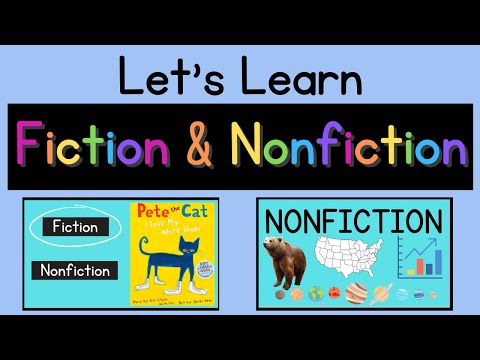
In summary, whether it’s the imaginative thrust of fiction or the grounded truth of non-fiction, these books reveal profound truths and enrich our lives. Fiction liberates, non-fiction educates, and together, they capture the human spirit in all its complexities.
Fiction and Non Fiction Books Meaning: Imagination vs. Reality
Exploring Imaginative Narratives
When it comes to fiction and non fiction books, meaning often boils down to how stories are spun in our minds or grounded in the actual world. Can’t decide between a tale of imagination or reality? Fiction transports us to worlds only limited by the author’s creativity. Think of fantasy universes as colorful as a nudist anime, where anything can happen and often does. These narratives can blend magic, myth, and modern-day adventures. On the flip side, non fiction anchors us, offering perspectives as real and raw as the experience of attending a Firefighters funeral. These works provide a sense of authenticity that fiction simply can’t replicate. Isn’t it fascinating how a great book can either whisk you away or deeply root you in truth?
Fact-Finding Missions
Non fiction books play a key role in expanding our knowledge of the world, unraveling facts such as the precise design specs of a Ferrari hatchback. More than just facts, they introduce us to intriguing topics and figures. Just imagine reading a biography on Brawley Nolte. These works can range from riveting explorations of history to insightful personal experiences, making them treasures of wisdom and knowledge.
Tides of Thought
Fiction, on the other hand, sails on a sea of creativity and whimsy. Like the diverse One Piece Ships, each book offers a unique voyage. Where else can you navigate the complexities of magical worlds, dystopian futures, or surreal adventures with ease? These stories offer an escape, a chance to immerse oneself in the art of storytelling and enjoy the ride regardless of the destination. Interestingly, some fiction books even touch on societal issues, providing an indirect reflection of our own reality. It’s this dynamic interplay between imagination and actuality that makes both genres endlessly engaging.
Bridging Imagination and Reality
Choosing between fiction and non fiction often feels like trying to balance on a tightrope between pure creativity and stark reality. Both genres serve a purpose; whether it’s fiction expanding our horizons or Doug Nussmeier discussing strategies in sports and beyond, each offers an enriching experience in its own right. As readers, our choice doesn’t have to be an all-or-nothing affair; much like a well-waged Thameslink strike, there’s room for both negotiation and enjoyment. So, what’s stopping you from picking up a book today and diving in? Embrace the space where imagination meets reality, and let the exploration begin!

What is the difference between fiction and nonfiction books?
Fiction books are all about stories cooked up from a writer’s imagination. They might take you on an adventure through a magical kingdom or a bustling city, entirely made up rather than based on real-life events. Nonfiction, on the other hand, is all about telling things as they are, focusing on facts, real events, or actual people. Think of it as storytelling grounded in reality.
What is fiction and non-fiction with examples?
Fiction examples include novels like “Harry Potter” or plays and stories from any genre, from romance to science fiction. Nonfiction includes newspapers, biographies, reference books, and anything that aims to inform you about the real world, like a history book or a science journal.
What is a fiction book?
A fiction book is a made-up story exploring characters, places, and events that spring from the writer’s imagination. These could be sprawling epics or intimate tales, but they’re all about creative storytelling without sticking to factual accuracy.
What defines a non-fiction book?
A non-fiction book focuses on real-life events, facts, and information, aiming to present things as they actually happened. It’s about painting a picture of reality, whether detailing history, science, or personal experiences in a biography.
How do you know if a book is fiction?
You can tell a book is fiction if the narrative comes primarily from the author’s imagination. Fiction usually involves made-up characters and events, even if the setting or background story pulls inspiration from the real world.
Should I read fiction or non-fiction books?
Whether to read fiction or non-fiction really depends on what you’re in the mood for. If you’re looking to escape to another world and enjoy a bit of creativity, go for fiction. If you want to learn something new or get to grips with reality, non-fiction is your best bet.
Why is called non-fiction?
It’s called non-fiction because it offers a true account of facts, events, and information based on reality. The “non” explicitly points out that the content doesn’t stem from imagination, unlike fiction.
What are examples of fiction books?
Examples of fiction books include classics like “Pride and Prejudice,” fantasy tales like the “Harry Potter” series, or science fiction novels like “Dune.” They’re all about stories created from a writer’s imagination.
Is Harry Potter fiction or nonfiction?
“Harry Potter” is a wonderful example of fiction. It’s a creative series full of magic, imaginary worlds, and characters that don’t exist in real life but are brought to life through storytelling.
Why do they call it fiction?
They call it fiction because it refers to literary works created from the imagination, telling stories that aren’t rooted in reality but rather invented by the author.
What makes a book a fiction book?
What makes a book fiction is its reliance on the author’s imagination to weave narratives and characters that don’t exist in real life. It’s all about telling a story for entertainment and creative exploration rather than adhering to factual accuracy.
How do you explain a fiction book?
A fiction book is explained through its narrative, often focusing on compelling characters and plotlines that spark the reader’s imagination. It’s about jumping into a story born from creative thinking, not bound to real events or people.
What is a non-fiction example?
Non-fiction examples include books like “The Diary of Anne Frank,” which recounts real historical events, or “Sapiens,” which explores actual science and history. These aim to present facts, information, and lived experiences.
Does non-fiction mean true?
Yes, non-fiction means true. It’s all about delivering accurate, truthful accounts related to real-life events, providing insights into reality rather than spinning a yarn from imagination.
What makes a story non-fiction?
A story becomes non-fiction when it centers on real-life facts, events, and people. It narrates what genuinely happened, aiming to inform or educate based on reality and actual experiences.
Is Harry Potter fiction or nonfiction?
“Harry Potter” is fiction. The series tells a magical tale full of wizards, spells, and imaginary places, all crafted from J.K. Rowling’s imagination.
What is an example of fiction?
An example of fiction would be “The Great Gatsby.” This novel creates a vivid, imaginative story about characters and events that don’t exist in real life, exploring themes and settings through created narratives.
Can a fiction be non fiction?
Fiction cannot be non-fiction since fiction is all about stories birthed from imagination, while non-fiction sticks to real-world facts and truth. They each serve a different storytelling purpose.
Why is non fiction called non fiction?
It’s called non-fiction because the term specifies works that involve genuine, factual representation, focusing on reality instead of imaginary or invented scenarios. The “non” indicates it doesn’t belong to the fictional genre.






